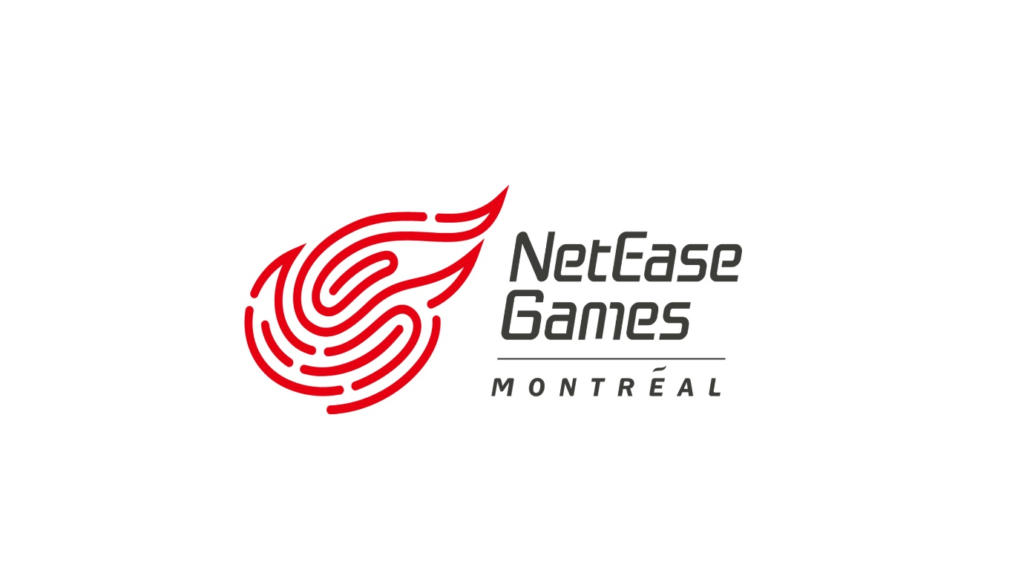
Canada Appeals for International Firefighting Aid
June 09, 2025: Canada has issued an international appeal for firefighting support as wildfires intensify across multiple provinces

November 24, 2021: -NetEase has launched the Hong Kong initial public offering (IPO) of its music business Cloud Village which could raise around $500 million.
Cloud Village will offer 16 million shares between 190 Hong Kong dollars and 220 Hong Kong dollars. The final price has not yet been set.
There is an option to issue a further 2.4 million shares as part of an over-allotment option.
At the upper end of the range, Cloud Village would raise around 4.04 billion Hong Kong dollars ($519.6 million), not excluding fees and other expenses related to the IPO.
Cloud Village runs NetEase’s music streaming business, and the company says it has 185 million monthly active users. Its revenue rose 51.5% year-on-year to 5.1 billion yuan ($799.6 million) for the nine months ended September 30. However, it is still suffering heavy losses as it competes for market share against Tencent’s music streaming business.
The company’s revenue comes mainly from subscriptions, advertising, and when users buy virtual items on its platforms.
NetEase initially filed for the listing of Cloud Village in August but reportedly delayed the IPO due to volatile markets.
Over the past year, the Chinese technology sector has been facing a tightening regulatory environment in areas from antitrust to data protection, which has hurt the share prices of many of the country’s giants.
We provide the insights on leaders who are responsible for taking their organization to new heights, all the while bringing together a group of talented individuals.

June 09, 2025: Canada has issued an international appeal for firefighting support as wildfires intensify across multiple provinces

May 27, 2025: Air Canada Cuts Five U.S. Routes for Winter 2025–26, Part of Broader Cross-Border Retrenchment

May 26, 2025: Trump Freezes $2.2B in Federal Grants to Harvard Over DEI, Threatens Tax-Exempt Status.

May 14, 2025: Microsoft has announced plans to reduce its global workforce by approximately 3%, affecting roughly 10,000 employees across multiple departments.

May 13, 2025: The Trump administration is considering suspending the constitutional right of habeas corpus in a bid to accelerate mass deportations.

April 29, 2025: Donald Trump’s second term has reached the 100-day mark under sustained public skepticism, with national approval ratings